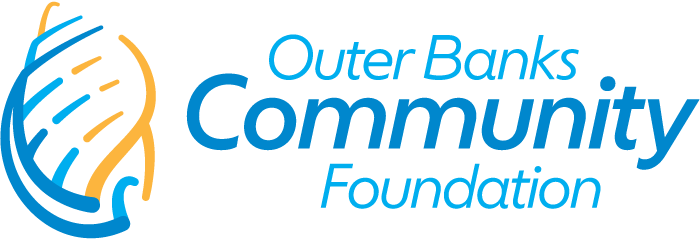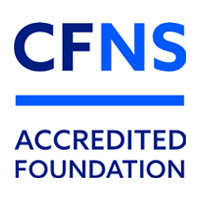At Dare Wildlife Rehab, Dana Roepcke houses and heals vulnerable critters

Dana Roepcke, owner of Dare Wildlife Rehab caring to her animals. Photo courtesy of Dana Roepcke.
By Maggie Miles
Shared with permission from The Outer Banks Voice
Every morning, Dana Roepcke walks into her grown kids’ former playroom to find the walls lined with cages inhabited by dozens of wounded, sick and orphaned squirrels, possums and rabbits. It’s the headquarters for Dare Wildlife Rehab, the two-year-old non-profit animal rescue and rehabilitation organization located in the Kill Devil Hills home where she lives with her husband, Frank.
Roepcke says she blames her son, Will, for getting her into the endeavor.
“It is 100% his fault,” says Roepcke, explaining that he was doing tree work with a friend in July of 2022 when he sent her a photo of something in his hand that was so tiny she couldn’t make out what it was. “I zoomed in, and it was a baby squirrel, a very new baby squirrel.”
The baby squirrel had been abandoned, so Roepcke started reading everything she could about squirrels and how to take care of them. Shortly after, her son and his friend found three more. They found a wildlife rehabber named Tammy Bybee located in Coinjock and took the squirrels to her.
Roepcke explained that until this point, she had never heard of wildlife rehab, but the experience inspired her.
Roepcke found out that in order to become certified to rehab wild animals in North Carolina, she would need to apprentice under a licensed rehabber for one year to get her license. She asked another wildlife rehabber on the Outer Banks, who turned out to be too busy and couldn’t take on an apprentice. So she decided to go to Bybee.
“I got up enough nerves to ask her if she would like to mentor me. And she said yes,” recalls Roepcke.
Roepcke received her small mammals license from the North Carolina Wildlife Resources Commission in November 2023, which certifies her to care for squirrels, opossums, and rabbits. In her first year on her own, she took in 66 opossums, 33 squirrels and 22 cottontails. Currently, she has 51 possums, 11 squirrels and 6 cottontails, and has released 6 cottontails into the wild so far this year.

A baby squirrel and a baby opossum that she cared for. Photos courtesy of Dana Roepcke.
Roepcke is a one-woman show and looks after the animals on top of her full-time job at a lab in Manns Harbor. She typically spends two hours taking care of the animals before going to her job, and four to five hours when she gets home from work. And while a she received a grant from the Outer Banks Community Foundation early last year that paid for some critical care equipment, she relies on donations through Facebook and Venmo from the public to fund animals’ care and rehabilitation.
The wildlife rehabilitation process begins when members of the public discover injured or abandoned animals, often in backyards, along roadsides, or in unexpected places. They reach out to Roepcke, who arranges to meet them at a designated location, such as the Kill Devil Hills Town Hall or where her husband works at the Kill Devil Hills Fire Department.
Once the animal is in her care, Roepcke conducts an initial assessment, checking for visible injuries, dehydration, fleas, and ticks. She inspects them for wounds, lacerations, and especially for cat bites, which require immediate antibiotic treatment. If the animal’s injuries are severe, she takes it directly to First Flight Veterinary Hospital for professional care.
Each animal receives a species-specific diet and care regimen until it is ready to be released back into the wild at one of a few locations that Roepcke has identified as safe release points.
Squirrels require a two-step process for release and must be kept outside in cages for a number of weeks first, so her yard is set up for that. Her son helps her make squirrel boxes, which are like little squirrel houses, for inside the cages.
The critters come to her from all types of situations. She recalls one case last year when a couple had started a bonfire in their yard, only to find an opossum running out of the flames.
“It was not intentional, but the poor thing got some burns on its face. Whiskers melted, and things like that. We named him Smokey. Smokey stayed with me for a little while and was put on antibiotics [and we] made sure that he had pain medications, because burns are painful. And he got all better, and we sent him back out,” says Roepcke.
What does her husband think about all of his roommates? “He thinks I’m crazy,” laughs Roepcke.
But for her, nothing is more rewarding than taking care of these animals, and though she would love to have a rehab center someday to house them, for now, she’s happy to share her home and dedicate most of her free time to their care.
“That’s my job,” says Roepcke. “to make sure that they have the correct diet, to make sure they’re safe and to get them back out into the world where they belong.”
This nonprofit was supported by a Community Enrichment Grant from the Outer Banks Community Foundation.
The Outer Banks Community Foundation’s second Community Enrichment Grant application deadline for 2025 is Friday, July 25.
Nonprofits are encouraged to visit the Community Foundation’s website for detailed guidelines, eligibility criteria, and the application portal. Early submissions are encouraged to allow time for review and feedback.
For more information or assistance with the grant application process, visit OBCF.org/grants or contact the staff at 252-423-3003.
About the Outer Banks Community Foundation: The Outer Banks Community Foundation is a 501(c)3 nonprofit organization committed to fostering philanthropy and supporting local causes. Through its charitable funds and grant programs, the Foundation strives to enrich the quality of life for residents of the Outer Banks.





